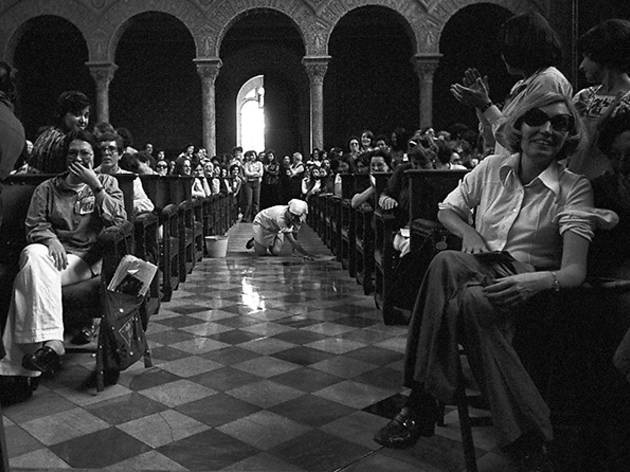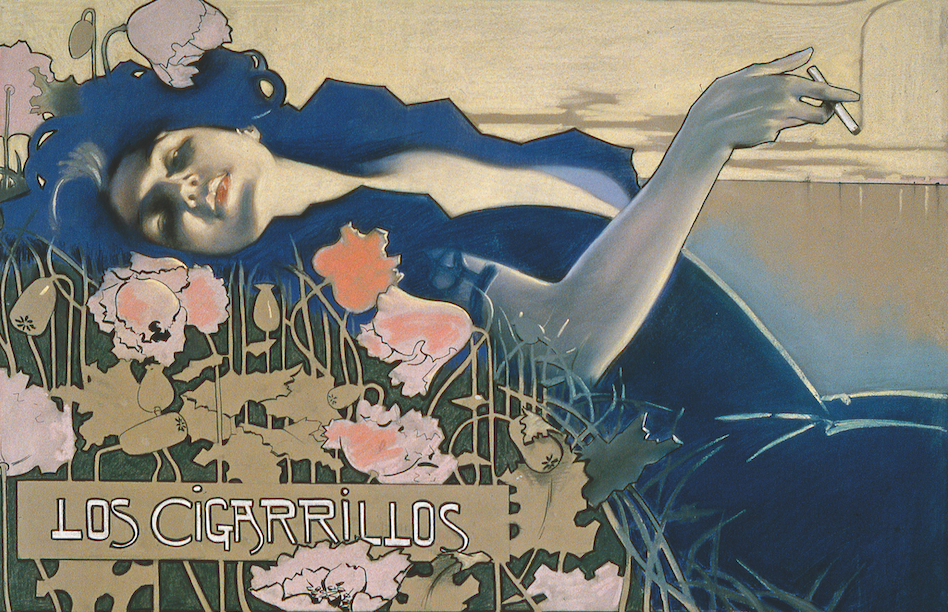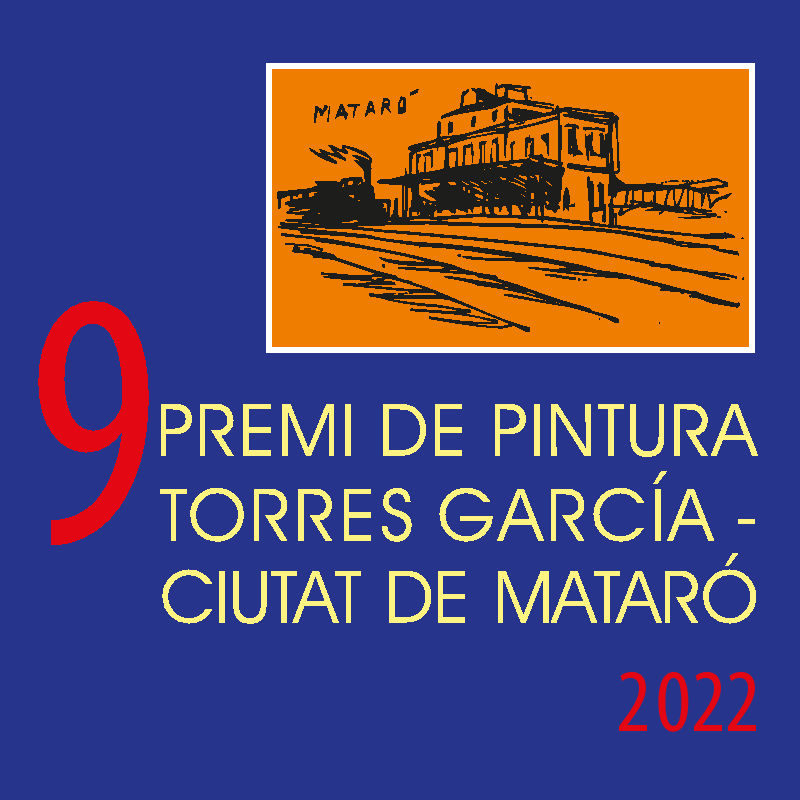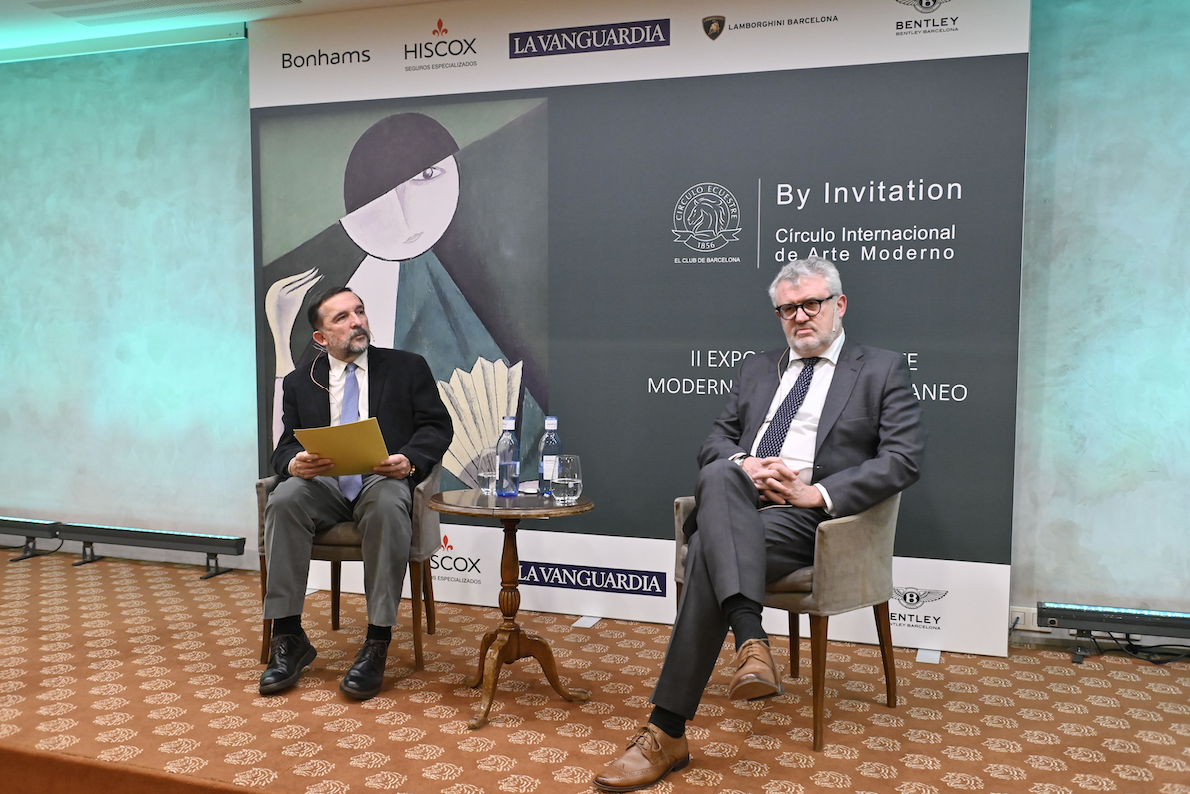Exhibitions
The underground and the counterculture in Catalonia in the 70's at the Palau Robert

The exhibition The underground and the counterculture in Catalonia in the 70's, commissioned by the General Directorate of Dissemination of the Generalitat de Catalunya and which can be visited at the Palau Robert until March 6, 2022, is curated by Pepe Ribas with the · Collaboration of Canti Casanovas and presents more than 700 pieces through which it proposes an exhaustive look, unpublished until now, to the protagonists and to the social and cultural movements of a transcendental epoch.
Divided into different thematic spaces, it documents the emergence of the commons, feminism, psychedelia, ecology, spirituality, avant-garde music and arts, comics and fanzines, among many other references.
This exhibition is an exercise in memory of some transcendent but little studied facts and is also a testimony of the people who participated in it that may help to understand part of our present.
The exhibition was conceived and curated by Pepe Ribas, co-founder of the magazine Ajoblanco and author, among others, of Los 70 a Destajo, with the collaboration of Canti Casanovas, promoter of the digital web without a name and great connoisseur of the counterculture in our country, both actors and direct witnesses of the emergence of the Catalan underground
In the words of Ribas himself, “these were years of overflowing creativity, without imposed fees, lived apart from prebends, parties and institutions. The inconsistencies of the Franco regime in its decline, the persecution centered on the Marxist and pro-independence political parties, and the geographical distance that took us away from the nerve center of power, made possible some cracks through which a part of the youth slipped. restless and connected to countercultural currents coming from outside the country.
The experience of freedom fostered physical encounters, associations, travels, and shared spaces that may seem unlikely today. Popular music was renewed through folk, progressive music and also Laietana music; theater companies were born that revolutionized the scene by incorporating mime, mask, grotesque, body language and wit. No matter how hard they tried, art came to life. That shamelessness and that vital rupture multiplied the poetic thirst and the need to talk to share experiences between us. Comix underground was born as shrapnel against the oppressed brain. Freedom spaces were opened where people could meet, talk and listen to music.
Many fled the authoritarian families to share homes and set up communes. Barcelona's Rambla was transformed into a public forum where people could meet for free without the need for telephones. Countercultural magazines appeared without subsidies or advertisements, as well as a multitude of fanzines and poetry notebooks.
Not only was there a fight to normalize sexuality, feminism, and the fight for equal rights, natural medicine alternatives were also developed, and environmental struggles and studies on renewable energy and organic farming were developed. . In psychiatry he fought to end electroshocks and insane asylums. The conscientious objection and the struggle for amnesty, also of ordinary prisoners, was born.
The implementation of other forms of life made possible many of the mentalities and civil liberties that we enjoy today in our daily lives without realizing that they have an origin and that nothing is like before 68. ”








